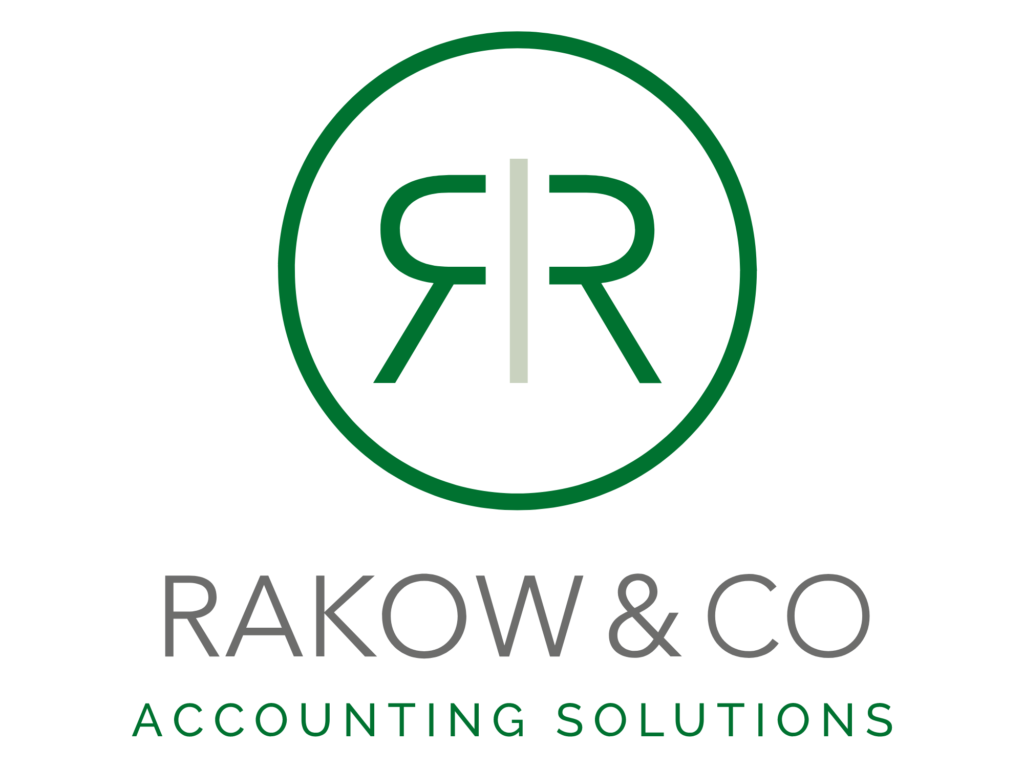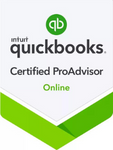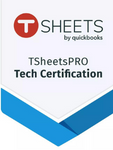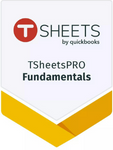Managing bookkeeping and taxes shouldn’t be a stressful, once-a-year scramble. Staying organized throughout the year helps you avoid surprises, reduces the risk of mistakes, and makes tax season far more manageable. For small business owners, it’s not about doing everything at once—it’s about building simple, consistent habits.
Whether you’re handling the books yourself or getting help from a professional, staying on top of your financial records is one of the most reliable ways to keep your business compliant, tax-ready, and confident if questions ever arise.

Why Staying Audit-Ready Matters
Tax season is smoother when your books are already in order. Year-round bookkeeping keeps your records accurate, which helps you file on time, avoid penalties, and respond quickly if you’re ever asked to verify something.
Whether you’re managing things on your own or using accountancy and bookkeeping services, having a consistent process in place is the best way to stay ready.
Start With The Basics: Keep Everything Organized
Organization is your first line of defense. Keep all financial records in one place—whether digital or paper—and back them up regularly. At a minimum, you should have:
- Monthly bank statements
- Receipts and invoices
- Payroll records
- Tax filings and correspondence
If you’re using software, choose one that integrates well with your business systems. Cloud-based tools like QuickBooks or Xero are commonly used and widely supported.
Reconcile Regularly (Don’t Wait Until Year-End)
Reconciling your bank accounts and credit cards once a month keeps your records clean and accurate. It helps catch any missing or duplicate entries and ensures your books reflect your actual financial activity.
Businesses that work with professional bookkeeping services often benefit from scheduled monthly reconciliations, which makes staying audit-ready much easier.
Use Consistent Categories And Descriptions
Use consistent names for expenses like software, travel, or marketing. Clear labeling makes it easier to spot trends, explain deductions, and stay compliant during tax season—or an audit.
For example:
- Meals vs. entertainment
- Travel vs. commuting
- Supplies vs. equipment
This is one of the most important habits for maintaining clean bookkeeping and taxes that can stand up to review.
Track Deductions Throughout The Year
Don’t wait until March or April to try and remember deductible expenses from the previous year. Track them as you go, and store receipts electronically.
You can also use our Tax Deduction Cheat Sheet to stay on top of common small business deductions throughout the year. It’s a useful resource for anyone managing bookkeeping and taxes without full-time support.
Keep Payroll And Contractor Payments Documented
Make sure you issue proper forms (like W-2s and 1099s) on time, and that you’ve kept documentation of what was paid, when, and why. This is especially important if you hire freelancers or contractors throughout the year.
Many businesses use tax services and bookkeeping providers to manage payroll and reporting requirements to avoid fines or errors.
Review Your Books Quarterly
Even if you update your records regularly, it helps to step back and review everything once a quarter. Look for inconsistencies, make adjustments, and talk with your accountant or bookkeeper if something doesn’t look right.
If you need extra support, Add-On Services can include quarterly reviews and cleanup to make sure everything stays accurate.
Explore Add-On Services to find options that match your business needs.
Don’t Forget About Sales Tax And State Requirements
Many businesses focus only on federal filings—but state and local tax requirements matter too. You may need to file sales tax returns or renew licenses at different times of the year. Staying ahead of these deadlines keeps you prepared for the full scope of tax season.
If you’re unsure what applies to your business, working with accountancy and bookkeeping services can help you keep track of reporting obligations and payment deadlines.
Stay Tax & Audit-Ready With Consistent Bookkeeping And Taxes
Staying audit-ready and tax-ready is about consistency. When your bookkeeping and taxes are up to date throughout the year, tax season becomes a routine task—not a source of stress.If managing your books feels like a full-time job, support is available.Our team at Rakow & Co offers professional bookkeeping services designed for small businesses that want to stay organized and audit-ready without the stress.
FAQs
How do bookkeeping and taxes work together to support audit readiness?
Your books are the foundation of your tax filings. When bookkeeping and taxes are updated consistently, your numbers match, your deductions are supported, and you’re better prepared for any questions that might come up during an audit.
What are the benefits of using an outsourced bookkeeping and tax service?
Outsourced support helps reduce errors, ensures compliance with current tax laws, and gives you more time to focus on business operations. A reliable bookkeeping and tax service will also prepare your records in a format that’s easy to understand and ready for tax time.
What does “tax services and bookkeeping” include?
This usually refers to providers who handle both day-to-day bookkeeping tasks (like categorizing expenses and reconciling accounts) and tax-related work such as filing, reporting, and planning. Working with a service that handles both ensures nothing slips through the cracks. At Rakow&Co we can assist you with both these functions.
How can accountancy and bookkeeping services help prevent audit issues?
These services maintain consistent financial records, provide oversight, and review transactions for accuracy. This makes it less likely you’ll face problems during an audit or notice discrepancies too late.
Where can I learn more about what records the IRS recommends keeping?
You can find details on business recordkeeping at the IRS Recordkeeping for Businesses page.
Is there a checklist I can follow to stay organized for tax season?
Yes—having a checklist helps you stay on track with what documents to collect, what reports to review, and when to do it. If you’re not sure where to start, take a look at our guide on How A Small Business Tax Preparation Checklist Can Streamline Your Process. It breaks down the key steps to help you stay organized, reduce errors, and save time before you file.
What are some strategies I can use to reduce my tax bill?
Tax preparation isn’t just about filing—it’s also about planning ahead. There are several ways to reduce what you owe, from tracking deductions to making retirement contributions. For practical ideas you can apply throughout the year, check out our blog on 12 Effective Tax Preparation and Planning Strategies.
Should I consider outsourcing my bookkeeping?
If bookkeeping is taking up too much of your time or causing frequent errors, outsourcing can be a smart move. It gives you access to experts who keep your records accurate and up to date, without the cost of hiring in-house. Learn more about when it makes sense in Outsourcing Bookkeeping: A Solution for Growing Businesses.





